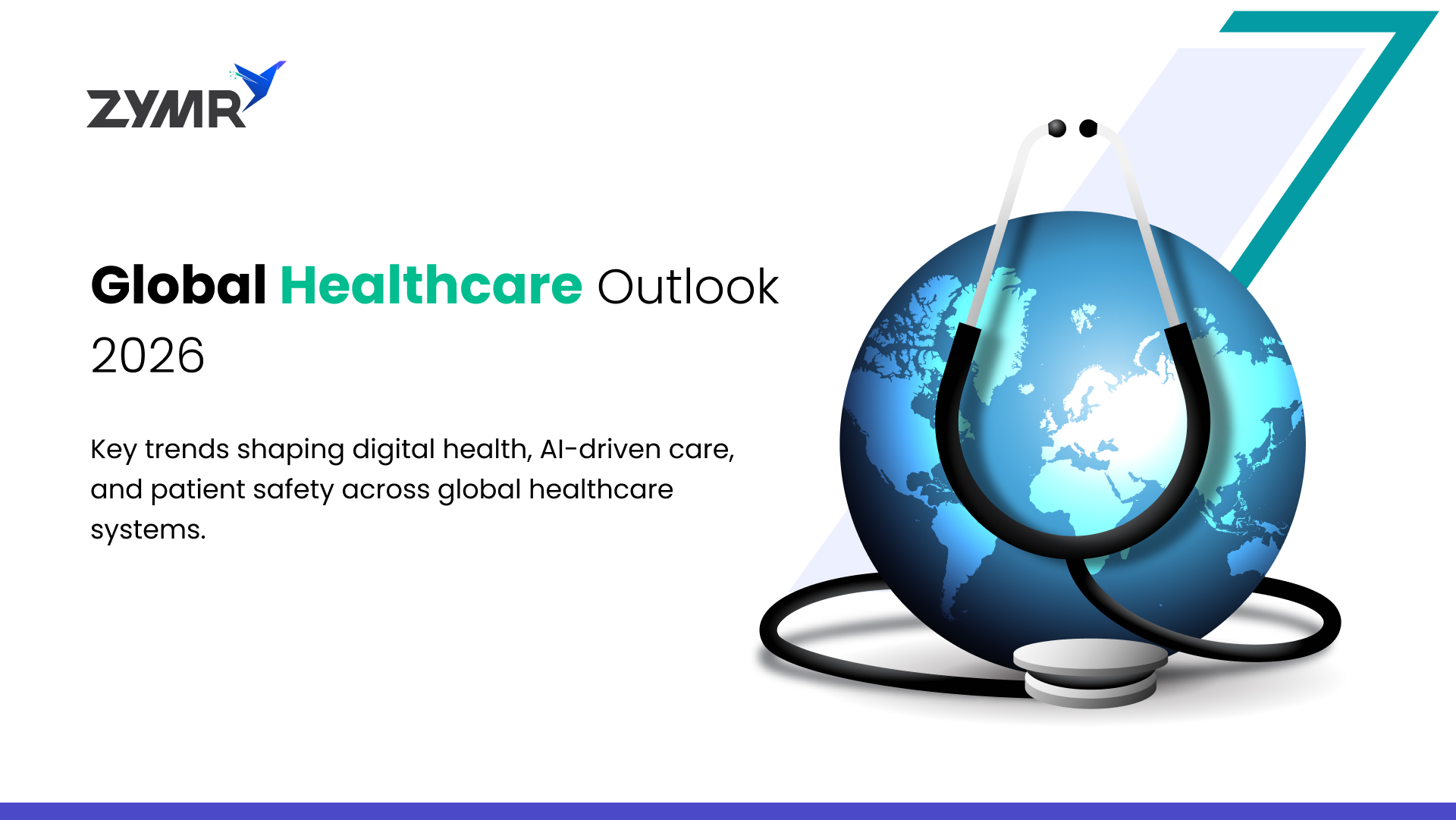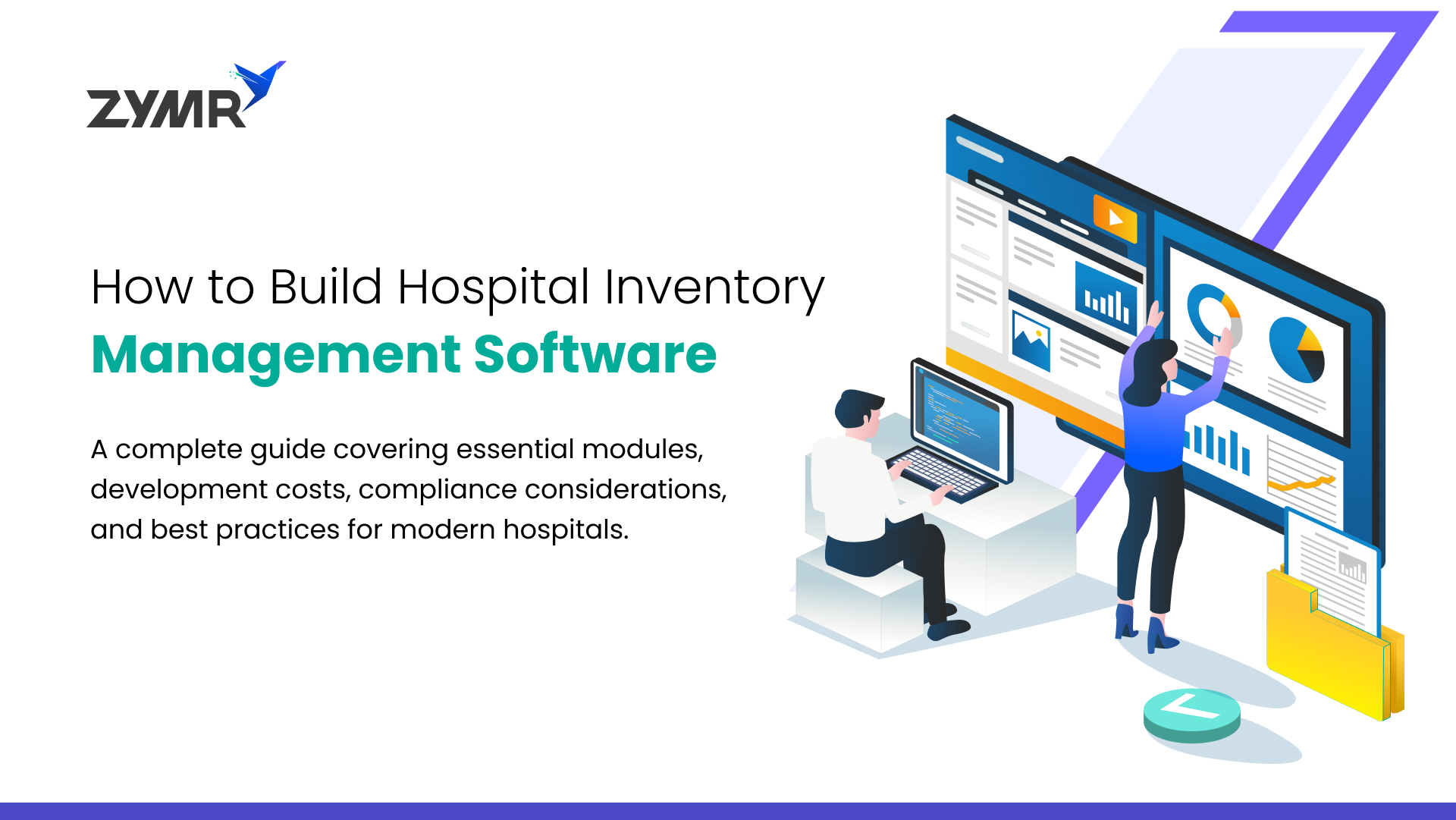CloudOps Services: The Catalyst for Optimal Software Development, Delivery, and Performance

July 22, 2024
CloudOps Services
CloudOps framework emerges as a powerful solution for enterprises seeking to enhance their cloud strategies. Struggling to stay within budget on their cloud spending as per recent reports, enterprises desperately need CloudOps to optimize performance and managing costs for their cloud ambitions. While DevOps automation services streamline the development lifecycle and ensure continuous delivery CloudOps services address the challenges of migrating application development and management to clouds.
An automated and fluid approach that modern software development services seek requires more than just cloud management for sustained success and productivity. More and more acceptance to CloudOps suggests the vitality to adopt reliable practices to navigate the intricate management demands of hybrid and multi-cloud computing models. Therefore DevOps teams need well-defined CloudOps services that can be leveraged to unlock the full potential of their software development projects.
In this article, we will delve into the key aspects of CloudOps and explore its pivotal role in empowering organizations to accomplish their software development goals. We will also compile some best practices that enable CloudOps services to revolutionize your software development efforts and take your business to new heights.
Streamlining Software Development Processes
CloudOps equips the software development services with the ability to leverage the cloud's scalability, accessibility, and resource-optimization. It empowers organizations to overcome traditional operational constraints and embrace a set of best practices for agility, automation, security, and change management. Here are some additional benefits that make CloudOps an essential dealbreaker in software development strategies
- Automation and Time-to-Market: Leveraging Infrastructure as Code (IaC) technologies, CloudOps enables automated provisioning, deployment, monitoring, and reporting, reducing time to market. By streamlining these processes, organizations can swiftly deliver software solutions to meet customer needs and gain a competitive edge.
- Continuous Operations and Seamless Updates: CloudOps integrates DevOps concepts like CI/CD, ensuring continuous operations and seamless software updates. With this approach, organizations can conduct updates and maintenance without causing service disruptions, enabling them to provide a reliable and uninterrupted user experience.
- Compliance and Security: CloudOps embraces best practices and security measures to ensure compliance with regulatory standards such as GDPR, CIS, HIPAA, and NIST. By establishing policies and controls, organizations can restrict noncompliant actions while effectively reporting on cloud health and activities, safeguarding data and maintaining the trust of customers.
- Scalability and Adaptability: CloudOps enables easy scalability and application deployment, allowing organizations to quickly adapt to changing market demands. With the ability to adjust resources as needed, businesses can efficiently meet evolving requirements, optimize operations, and take advantage of new opportunities.
- Cloud Adoption and Innovation: CloudOps drives cloud adoption and usage within enterprises by effectively deploying, managing, and securing cloud environments. This fosters experimentation, innovation, and faster time to market, as organizations can leverage a wide range of cloud services and technologies to develop and deliver innovative solutions.
- Resource Optimization: Effective CloudOps implementation provides better management and financial control over cloud services. Organizations can optimize resource allocation based on performance and cost considerations, proactively configure resources, and ensure regulatory compliance. This enables efficient resource utilization and cost optimization.
- Enhanced Security and Governance: CloudOps aligns with security controls, policies, and reporting within the cloud, resulting in enhanced security measures. By actively managing security risks and ensuring authorized resource usage, organizations can protect sensitive data and maintain a robust security posture.
- Modernization and Optimization: CloudOps engineers leverage authorized cloud resources to modernize applications by utilizing the latest services. This approach helps organizations optimize their cloud environments, establish schedules for resource allocation, continually review metrics on cloud health, and drive continuous improvement.
Productive Software Development with CloudOps Services
The CloudOps teams should champion a cultural shift to ensure sound operational practices that would help mitigate potential issues. A holistic CloudOps framework comprises governance, cloud application, cloud operations, cloud foundations, and security layers. Therefore, it is essential that transitioning to the cloud is precursored by a paradigm shift that encourages values like collaboration between security and governance teams, automation-friendly configurations, regular security checks among other things. Here are some best practices that can help build and efficient CloudOps framework:
- Well-thought migration strategy with the right skillset and tools
- Automation of security and compliance tasks
- Regular audits that help maintain compliance.
- Reliable cloud service providers offering automation, scalability, and robust security
- Systematically integrating security throughout CloudOps functions
- Automated processes for routine provisioning tasks
Conclusion
The process of oxidizing a moder world idea and building a software out of it needs a catalyst like CloudOps. For optimal software development services companies need to embrace CloudOps principles and best practices that can unlock the true potential of their projects in the cloud. From optimizing delivery and performance to ensuring cost efficiency and resource utilization, CloudOps empowers businesses to drive excellence in their software development initiatives. As the technology landscape continues to evolve, CloudOps will remain an essential enabler for organizations seeking to thrive in the digital era.
To know more about how CloudOps can work for your software development ambitions, do contact Zymr CloudOps services experts.
FAQs
>
>
>
>
>
Have a specific concern bothering you?
Try our complimentary 2-week POV engagement
Our Latest Blogs

January 15, 2026
Global Healthcare Outlook 2026: Key Trends in Digital Health, AI, and Patient Safety

January 15, 2026
Top 10 Healthcare IT Services Companies Transforming Healthcare Delivery(2026)

January 15, 2026





.svg)
.svg)
.svg)
.svg)
.svg)
.svg)
